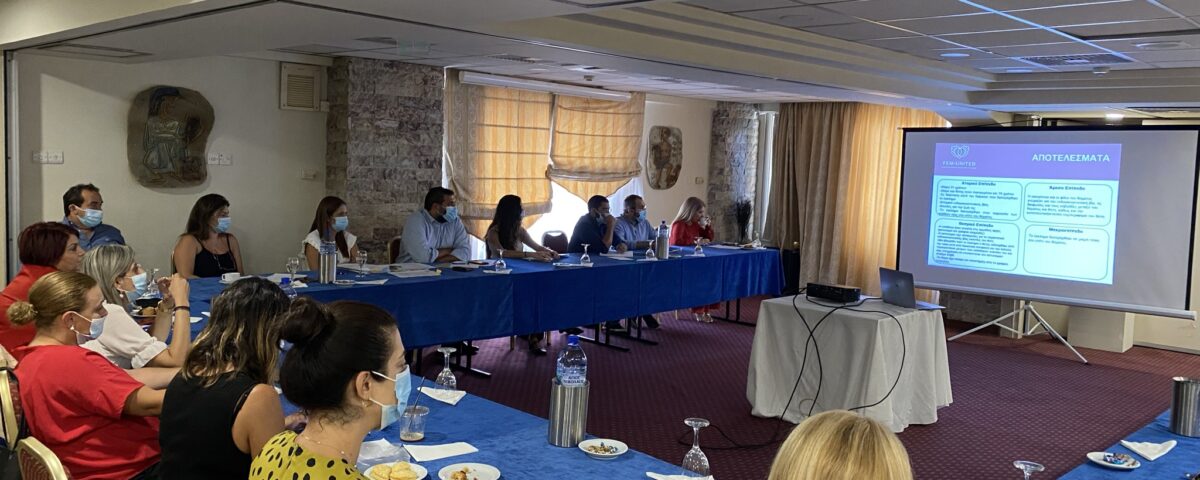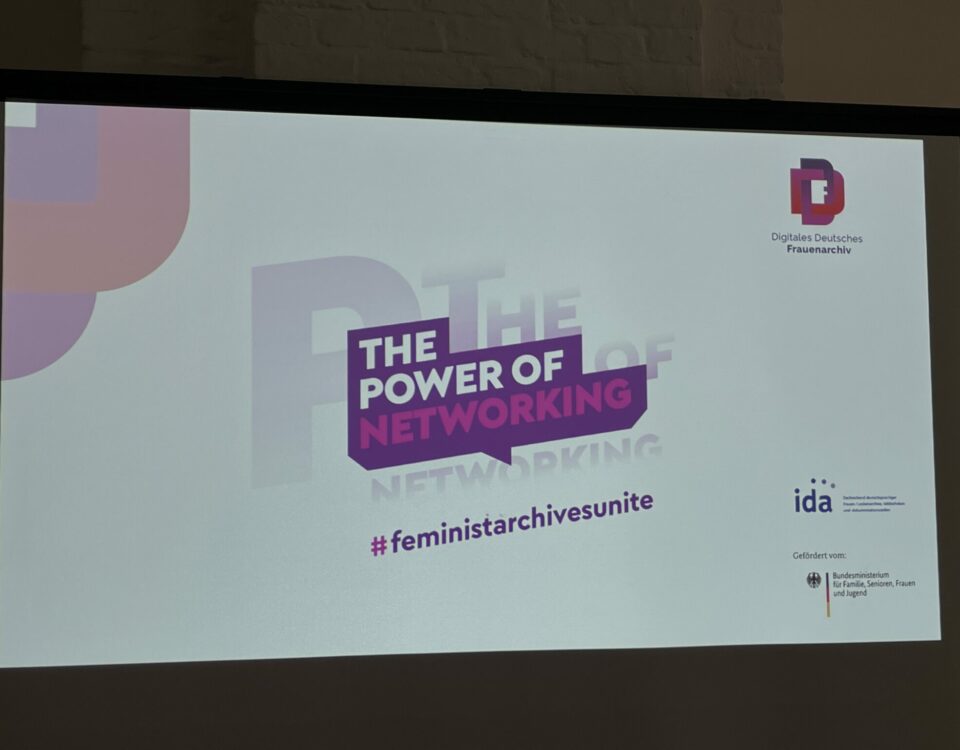FEM-United Stakeholder Meeting

FEM-UNITED για την Πρόληψη της Γυναικόκτονίας στην Ευρώπη
September 15, 2021
Coalesce blog: Unforgettable – I started from scratch
October 8, 2021As part of the EU-funded project ‘FEM-UNITED - United to prevent IPV/DV Femicide in Europe’, the Mediterranean Institute of Gender Studies (MIGS), together with the Cyprus University of Technology (CUT), organised its first meeting with stakeholders Friday 3rd of September 2021 at the Cleopatra Hotel in Nicosia, Cyprus.
Femicide – the intentional killing of women [and girls] because they are women – is not only the most extreme form of gender-based violence against women but also the most violent manifestation of discrimination against them and of gender inequality.
The aim of the meeting was to present the FEM-United project and the main findings of the research on the extent and forms of femicide in Cyprus. The stakeholders were invited to discuss the current challenges in preventing and combating IPV related femicide, and how to improve multi-agency responses.
The stakeholders meeting was attended by the President of the Cyprus Parliament, Annita Demetriou, the Cyprus Law Commissioner, Louiza Zannetou, George Koukouma (MP), as well as representatives of the Office of the Commissioner for Gender Equality, the Office of the Commissioner for Human Rights, the Office of the Commissioner for the Rights of the Child, the Ministry of Foreign Affairs, the Ministry of Justice, the Police, the Social Welfare Services, the Advisory Committee for the Prevention and Combating of Violence in the Family, as well as representatives of the Association for the Prevention and Handling of Violence in the Family (SPAVO).
Susana Pavlou, Director of MIGS, welcomed the participants and gave an overview of the FEM-United project, highlighting that data on femicide is not collected systematically in the EU, and that transnational tools for the study of femicide are lacking. She added that there is a need for an internationally agreed definition of femicide that would facilitate improved data collection that would lead to more effective prevention policies.
Read more here
Blog Post – 15/09/2021




